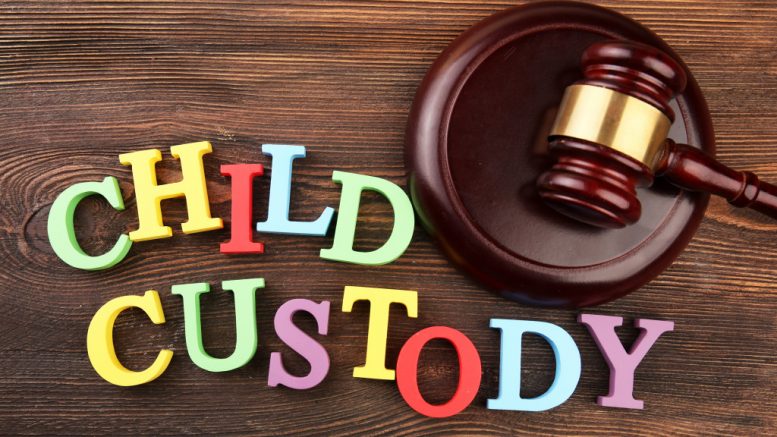- Open communication, arbitration, and mediation can help resolve child custody disputes amicably and effectively.
- Understanding different types of custody (physical and legal) is crucial in child custody cases.
- Proper documentation of correspondence and interaction with your former partner aids in building a solid case.
- Showing genuine interest in your child’s welfare can significantly support your claim for custody in court.
- Hiring an experienced family law attorney is vital for navigating the intricacies of child custody disputes.
Child custody battles can be emotionally and mentally draining for parents and children. It is a sensitive area in law that requires careful consideration, communication, and legal expertise. From the initial filing of documents to the hearing itself, parents must take many essential steps to ensure their rights and those of their children. This blog post is aimed to guide parents in navigating child custody disputes and provide some legal tips to help you deal with the situation effectively.
Communication is key when discussing child custody
It is essential to have open communication with your former partner to reach an agreement relating to child custody. The court will always prioritize the child’s best interests, and so should you. If possible, sit down and discuss what works best for your child, taking into account each parent’s work schedule and the child’s school and extracurricular activities.
If communication becomes difficult, you can involve a professional to facilitate the conversation and help you reach a mutually beneficial agreement. Judicial arbitration and mediation services are available in most states. They provide a neutral third party to help you and your former partner resolve disagreements about child custody. However, there are key differences between arbitration and mediation that you should know about.

Arbitration
When you choose arbitration for a child custody dispute, the arbitrator will have the authority to make binding decisions regarding your case. This means that once an agreement is reached, it will be put into action in court and can only be modified if both parents agree.
Mediation
In mediation, the mediator does not have decision-making power. The role of the mediator is to help both parents work towards a mutual agreement about child custody. They will not make any decisions but provide assistance and guidance as you reach a resolution.
Know the Different Types of Child Custody
Because child custody disputes involve the rights of both parents, it is essential to understand and be aware of the different types of child custody. There are two primary categories: physical and legal custody.
Physical custody
Physical custody refers to the parent with whom the child lives. This parent is responsible for providing care and day-to-day decision-making, such as where the child attends school and what doctor they visit. Physical custody can be shared between the parents or given solely to one parent.
Legal custody
Legal custody outlines which parent can make significant decisions in a child’s life. These include decisions relating to education, medical treatment, religious upbringing, and extracurricular activities. Legal custody can also be shared or given solely to one parent.
Depending on the situation, one parent may have both physical and legal custody of the child. This is known as sole custody. In other cases, both parents may be granted joint custody and will share the responsibility of making decisions for their child.
Documentation is important
Documentation is critical in child custody disputes. Keeping records of communication and correspondence with your former partner is crucial. Record-keeping could include emails, text messages, and phone calls between parties. Gathering and maintaining documentation is essential as it could help present a strong case and support your argument in court.

Show interest in your child’s welfare
You must show interest in your child’s welfare, such as their health, education, and overall well-being. The court considers it a significant factor when awarding custody. Demonstrating that you can provide a stable, supportive, and loving environment for your child can go a long way to support your case. You should be involved in your child’s life by attending school and extracurricular activities, following up on their progress, and communicating with their teachers and doctors.
Hire an Experienced Custody Attorney
Child custody disputes are complex and sensitive issues that require experienced legal representation. It is crucial to hire an attorney who specializes in family law, has experience representing clients in custody disputes, and understands the intricacies and nuances of custody law. Your attorney will help you present a compelling case, navigate the legal system, and negotiate with the other party to reach the best possible outcome.
Navigating child custody disputes can be complicated, but the above tips can help you navigate the process effectively. Communication, understanding the different types of custody, documentation, showing interest in your child’s welfare, and hiring experienced legal representation are all essential in navigating a child custody dispute. Always prioritize your child’s best interests and work towards finding a mutually beneficial solution with the other parent. In doing so, you can minimize child custody disputes’ emotional and financial impact on your child’s well-being and mental health.
